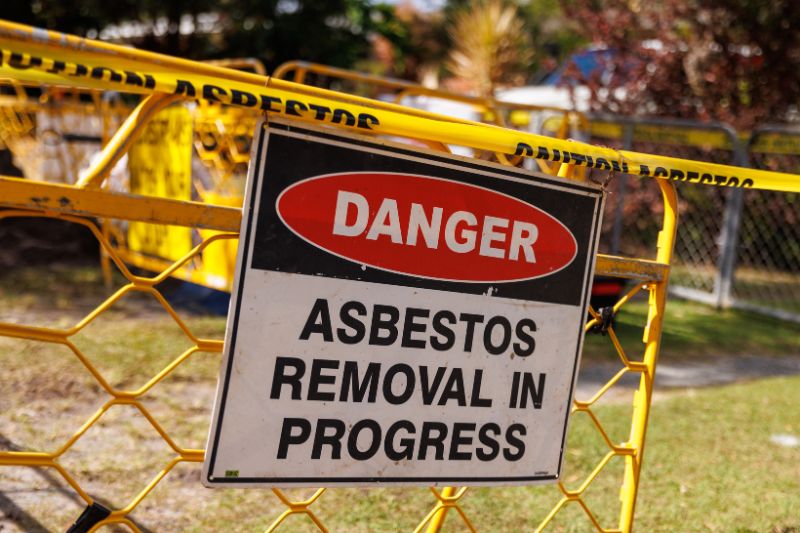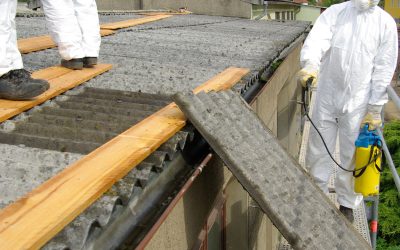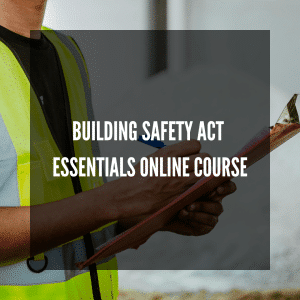Asbestos has long been recognised as a silent killer—a once-common construction material now linked to serious health risks, including fatal diseases such as mesothelioma and asbestosis. In response, the UK introduced the Control of Asbestos Regulations 2012 to safeguard workers and the public from exposure.
If you’re unsure how this legislation affects you or your organisation, this guide is for you. As Asbestos Awareness Training providers, Safety Services Direct is sharing a clear and comprehensive overview of these regulations and who they affect.
What Are the Control of Asbestos Regulations 2012?
The Control of Asbestos Regulations 2012 (CAR 2012) is a vital piece of UK legislation designed to protect people from the risks associated with asbestos exposure. Building on earlier laws, it consolidates and strengthens previous regulations to ensure tighter controls over asbestos management and removal.
Basically, CAR 2012 requires that asbestos risks are properly managed in any premises where the material is present, particularly in workplaces and public buildings. The legislation is enforced by the Health and Safety Executive (HSE), which monitors compliance and has the authority to impose penalties for breaches.
Control of Asbestos Regulations 2012 Summary
Here’s a concise summary of the regulations:
- Duty to Manage Asbestos: Non-domestic property owners must identify asbestos-containing materials (ACMs) and manage their risks. This normally includes an asbestos risk assessment, maintaining a management plan and regularly updating records.
- Asbestos Surveys: A thorough inspection is required to identify ACMs, especially before any construction or refurbishment work.
- Work Categories: The regulations categorise asbestos-related work into three types:
- Licensed work (requires a licensed contractor).
- Notifiable non-licensed work (NNLW).
- Non-licensed work (NLW).
- Training Requirements: Employees and contractors must receive training to recognise and safely handle asbestos risks.
- Record-Keeping: All findings from asbestos surveys, along with the asbestos management plan, must be documented and readily accessible.
- Notification of Work: Certain types of asbestos work must be reported to the HSE before they begin.
Who Does the Control of Asbestos Regulations Apply To?
One of the most common questions about this legislation is, “Who does it apply to?” In short, it’s relevant to a broad range of individuals and organisations. Here’s some more detail:
- Duty Holders: Employers, building owners, landlords, and facility managers responsible for maintaining non-domestic premises. They have a legal duty to manage asbestos risks effectively.
- Contractors and Workers: Professionals engaged in construction, maintenance, or demolition activities that may disturb asbestos fibres.
- Employees: Workers who might encounter asbestos as part of their daily duties must also be trained and informed about the risks.
Industries most affected by CAR 2012 include construction, facilities management, and any sectors involving refurbishment or demolition. Understanding your responsibilities under the law is critical to maintaining a safe and compliant workplace.
Why Asbestos Legislation Matters
Asbestos legislation has saved countless lives by reducing exposure to this dangerous material. Without these regulations, many more individuals could suffer the devastating consequences of asbestos-related diseases. The Control of Asbestos Regulations 2012 ensures:
- Early Detection and Management: The Control of Asbestos Regulations 2012 mandates the identification and management of asbestos insulation, blue and brown asbestos, and other ACMs, reducing the risk of accidental exposure.
- Creating Safer Environments: These regulations ensure that workplaces, schools, and public buildings are assessed and maintained to minimise asbestos hazards.
- Accountability and Compliance: By placing legal responsibilities on duty holders, the legislation ensures proactive measures are taken to minimise asbestos disturbance and protect occupants and workers.
Beyond these immediate benefits, asbestos legislation also provides a framework for continuous monitoring, awareness, and education about controlling asbestos risks, making it a cornerstone of the UK’s commitment to health and safety.
Practical Tips for Compliance
- Create an Asbestos Management Plan: Clearly outline policies and procedures for identifying, managing, and mitigating asbestos risks.
- Engage Certified Professionals: Always use licensed contractors for high-risk asbestos work.
- Train Your Team: Ensure all employees and contractors are aware of asbestos hazards and their responsibilities.
- Stay Informed: Keep up-to-date with changes in asbestos legislation and HSE guidance.
Conclusion of Asbestos Legislation UK
The Control of Asbestos Regulations 2012 is more than just a legal requirement—it’s life-protecting legislation. Whether you’re a business owner, contractor, or employee, understanding and adhering to this legislation is essential for safety and compliance.
At Safety Services Direct, we’re here to help. From tailored asbestos awareness training to comprehensive risk assessment services, we provide the support you need to navigate asbestos regulations with confidence. Contact us today at 0121 3487828 to learn more about how we can assist your business.










